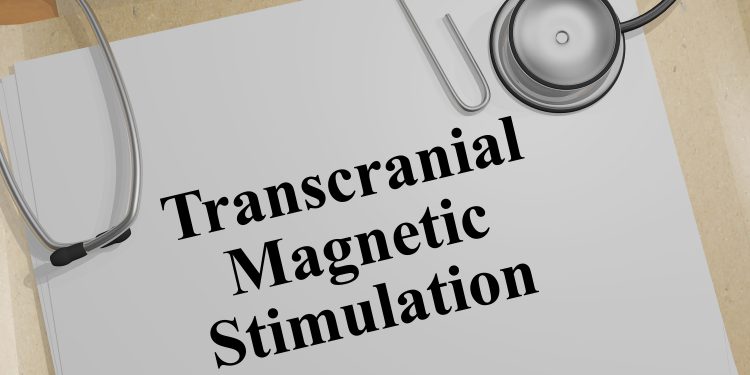By Shauna Hahn
Transcranial magnetic stimulation, or TMS, is an FDA-approved medical therapy for hard-to-treat depression and OCD, but did you know that it is really useful for memory problems following TBI, too? Let me explain how.
TMS utilizes an MRI-strength magnet that we place directly on the heads of individuals with depression, anxiety, trauma, and brain injury (and occasionally, other neurological conditions). So, how does this treatment help memory?
All of these conditions negatively impact the memory centers of our brains, the hippocampi. Many medical studies have confirmed this and, of course, most brain injury survivors will tell you themselves that they struggle with finding words, forgetfulness, and short-term memory loss, along with other symptoms like mental fatigue, poor concentration, poor attention, and a general loss of mental stamina. And, as if that news couldn’t be any worse, at least one study demonstrated that anxiety actually accelerates the process of shrinking our memory centers after a brain injury. What a vicious circle! Many of you are probably thinking, “I am anxious because I cannot think, balance, and am always tired, and being unable to do these things makes my anxiety much worse!”
Well, there is some good news. At our clinic (Northwest Functional Neurology), we have been performing transcranial magnetic stimulation in conjunction with functional neurology treatment and have treated over 200 patients with this effective integrated model. The welcome news is that, for most patients, the typical treatment site for depression is also very useful for treating anxiety and symptoms of brain injury. That treatment site is called the left dorsolateral prefrontal cortex (I DLPFC). That prefrontal cortex is part of our executive center, but more importantly, when we stimulate that specific area, it fires down into a number of areas that are important for the treatment of memory (and anxiety). Stimulating that area excites the hippocampi. The hippocampi are critical for learning, for short-term memory (so we consolidate memories in the long term) and for spatial memory (which is an extra problem for brain injury survivors).
Some very positive studies looked at the memory benefits of TMS. One of the earliest studies regarding TMS and hippocampal regeneration demonstrated cell proliferation, improved memory, increased a substance called brain-derived neurotropic factor (BDNF), a growth and stimulatory factor for the brain, and increased the density of cholinergic neurons. All of this led to improvement of learning and memory.
You might be wondering how it applies to brain injuries? Many studies have tried to look at the treatment of brain-injured individuals with TMS and, unfortunately, because brain injury survivors have so much going on, coupled with memory and organization problems, most of the studies often ended up failing because the patients had a hard time following up. Interestingly, even those brain injury survivors who did not feel better with their depression all reported cognitive improvement! After all, we are not just stimulating the executive center (prefrontal cortex) directly, we are also indirectly stimulating the hippocampi, which improves memory. Additionally, the magnet helps stimulate the hypothalamus, which is part of what is called the HPA (hypothalamus-pituitary-adrenal) Axis, which is part of the stress response an dis disrupted in depression, anxiety, trauma, and brain injury. It helps stimulate our anterior cingulate gyrus (ACG), a brain area responsible for emotional regulation. So, overall, our frontal lobes work better, our memory centers work better, and we have less anxiety and depression to interfere with our functioning.
Most of our patients report having improved mood and feeling more mentally sharp, and it has helped many of them return to school or to work. Please feel free to reach out to us for a 30-minute Zoom consultation, or contact your nearby TMS center.
Shauna Hahn specializes in the treatment of post-brain injury psychiatric disorders and often lectures on this topic. Shauna is excited to bring her expertise to TMS at her beautiful destination clinic, Framework Functional Psychiatry and TMS, in Lake Oswego, Oregon. www.frameworkstms.com











